Holocaust victims remembered in Serbia
The International Holocaust Remembrance Day was marked in Serbia Sunday. A central ceremony was held at Belgrade’s Staro Sajmište concentration camp memorial.
Sunday, 27.01.2013.
14:20

BELGRADE The International Holocaust Remembrance Day was marked in Serbia Sunday. A central ceremony was held at Belgrade’s Staro Sajmiste concentration camp memorial. Serbian parliament Speaker Nebojsa Stefanovic said that the International Holocaust Remembrance Day needed to be a call to everybody to remember the victims because many brutal crimes had not been punished. Holocaust victims remembered in Serbia “A monstrous plan to destroy the entire Jewish people, but also members of other peoples, obliges us to continue to educate the youth and point our differences as something that brings people together in hope that such evil will never happen again,” he stressed. The speaker said that crimes against Serbs in WWII, concentration camps, deportations, mass executions, expulsions and other crimes, must never be forgotten. “We can deeply sympathize with families of the Jewish people and we understand their suffering. This day must be a call to remember because many have ended up without a punishment and remorse,” he stressed. “On the International Holocaust Remembrance Day we remember victims of the concentration camps and all victims of “those horrific places where people gave their lives in WWII”. “We remember Auschwitz, Jasenovac, victims in Novi Sad, Jajinci, Staro Sajmiste. We remember them with great sorrow,“ Stefanovic said at the commemoration. According to him, victims of the Holocaust and death camps are a “horrible truth about the farthest fall of the human kind, symbol of a crime against millions of people and one of the darkest periods in the history of mankind”. “I want to believe that a memory of the death and suffering of the victims will obligate new generations to stand up to every form of prejudice, chauvinism, anti-Semitism and irrational hate. We want a better world, better future and reconciliation where there will be no victims like in the Holocaust. This is why such events must never be forgotten, so they do not happen again,” the speaker concluded. Belgrade city assembly speaker Aleksandar Antic reiterated that the city would continue its activities on construction of the Staro Sajmiste memorial complex. He added that the memorial complex should be a “sad place of remembrance of a great sacrifice given by Belgrade and entire Serbia in WWII”. Antic said that he could rightfully say that there was no anti-Semitism in Serbia and Belgrade and that human, religious and national rights and freedoms were not threatened. Noting that a large number of Jews, Roma, Russians, Poles and Serbs died during WWII, he said that Serbia as a society and people had an obligation to remember the victims and to build a society in which anti-fascism and anti-fascist values would have a special place. Aside from Stefanovic and Antic, wreaths were also laid by representatives of the Israeli and German Embassies, New Belgrade Municipality and Jewish organizations. The International Holocaust Remembrance Day was established by the UN General Assembly on November 1, 2005, to mark the day when the largest Nazi death camp in Auschwitz-Birkenau (Poland) was liberated by Soviet troops. WWII claimed lives of more than six million innocent victims. Auschwitz-Birkenau, Treblinka, Mauthausen, Dachau, Majdanek, Jasenovac, Staro Sajmiste, Jajinci and Crveni Krst in Nis are only some of the death camps in which innocent victims were killed. (Beta) Tanjug
Holocaust victims remembered in Serbia
“A monstrous plan to destroy the entire Jewish people, but also members of other peoples, obliges us to continue to educate the youth and point our differences as something that brings people together in hope that such evil will never happen again,” he stressed.The speaker said that crimes against Serbs in WWII, concentration camps, deportations, mass executions, expulsions and other crimes, must never be forgotten.
“We can deeply sympathize with families of the Jewish people and we understand their suffering. This day must be a call to remember because many have ended up without a punishment and remorse,” he stressed.
“On the International Holocaust Remembrance Day we remember victims of the concentration camps and all victims of “those horrific places where people gave their lives in WWII”.
“We remember Auschwitz, Jasenovac, victims in Novi Sad, Jajinci, Staro Sajmište. We remember them with great sorrow,“ Stefanović said at the commemoration.
According to him, victims of the Holocaust and death camps are a “horrible truth about the farthest fall of the human kind, symbol of a crime against millions of people and one of the darkest periods in the history of mankind”.
“I want to believe that a memory of the death and suffering of the victims will obligate new generations to stand up to every form of prejudice, chauvinism, anti-Semitism and irrational hate. We want a better world, better future and reconciliation where there will be no victims like in the Holocaust. This is why such events must never be forgotten, so they do not happen again,” the speaker concluded.
Belgrade city assembly speaker Aleksandar Antić reiterated that the city would continue its activities on construction of the Staro Sajmište memorial complex.
He added that the memorial complex should be a “sad place of remembrance of a great sacrifice given by Belgrade and entire Serbia in WWII”.
Antić said that he could rightfully say that there was no anti-Semitism in Serbia and Belgrade and that human, religious and national rights and freedoms were not threatened.
Noting that a large number of Jews, Roma, Russians, Poles and Serbs died during WWII, he said that Serbia as a society and people had an obligation to remember the victims and to build a society in which anti-fascism and anti-fascist values would have a special place.
Aside from Stefanović and Antić, wreaths were also laid by representatives of the Israeli and German Embassies, New Belgrade Municipality and Jewish organizations.
The International Holocaust Remembrance Day was established by the UN General Assembly on November 1, 2005, to mark the day when the largest Nazi death camp in Auschwitz-Birkenau (Poland) was liberated by Soviet troops.
WWII claimed lives of more than six million innocent victims. Auschwitz-Birkenau, Treblinka, Mauthausen, Dachau, Majdanek, Jasenovac, Staro Sajmište, Jajinci and Crveni Krst in Niš are only some of the death camps in which innocent victims were killed.













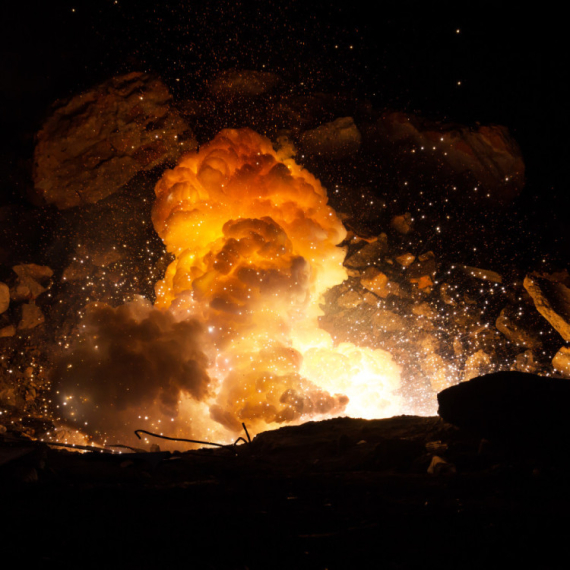

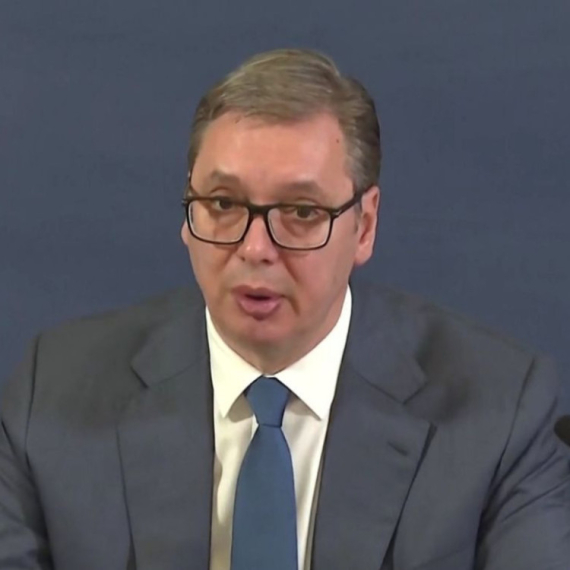
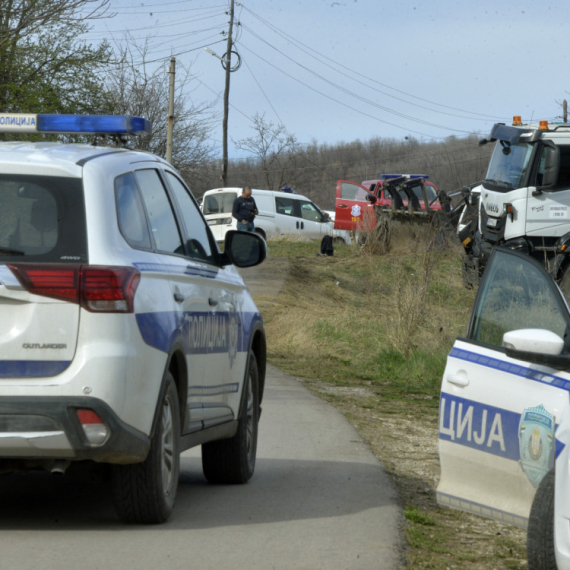
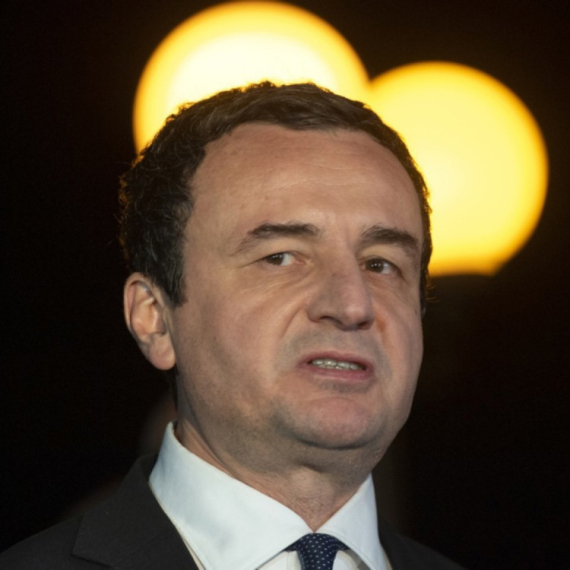




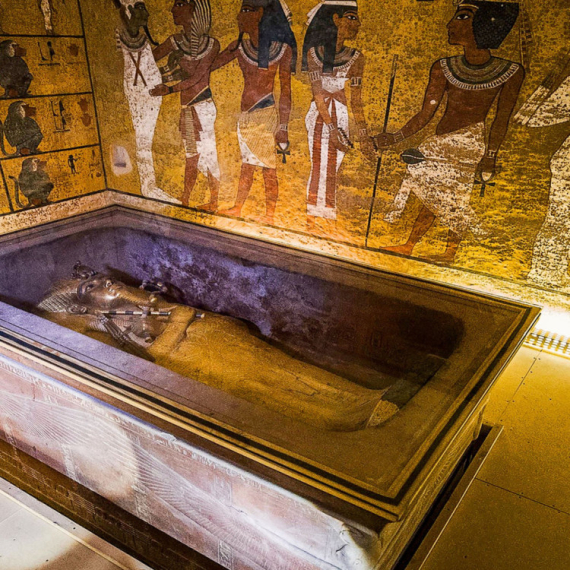


































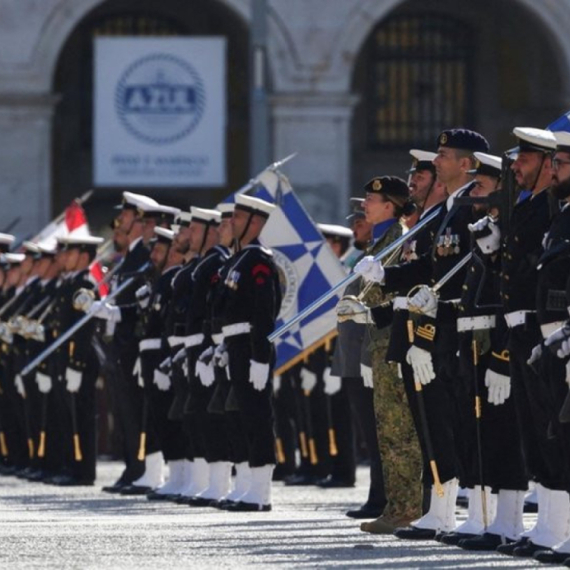

Komentari 18
Pogledaj komentare